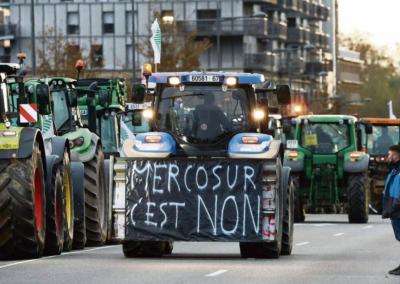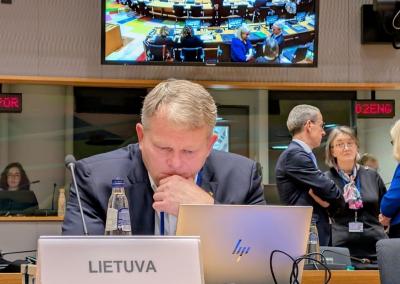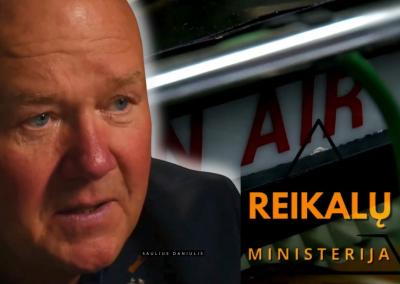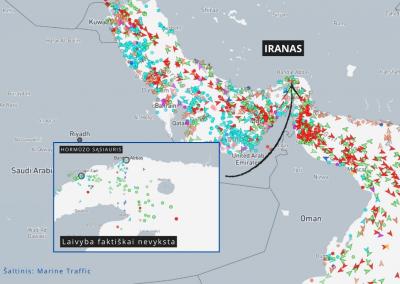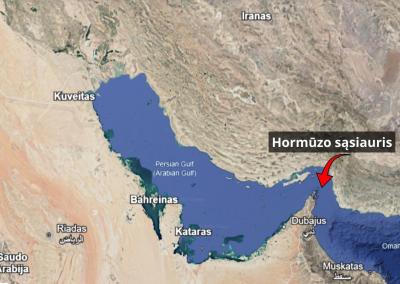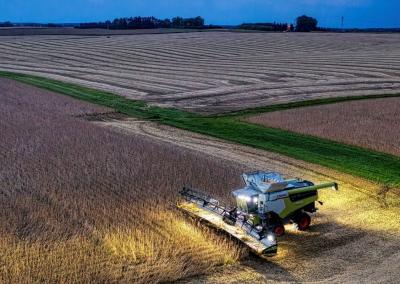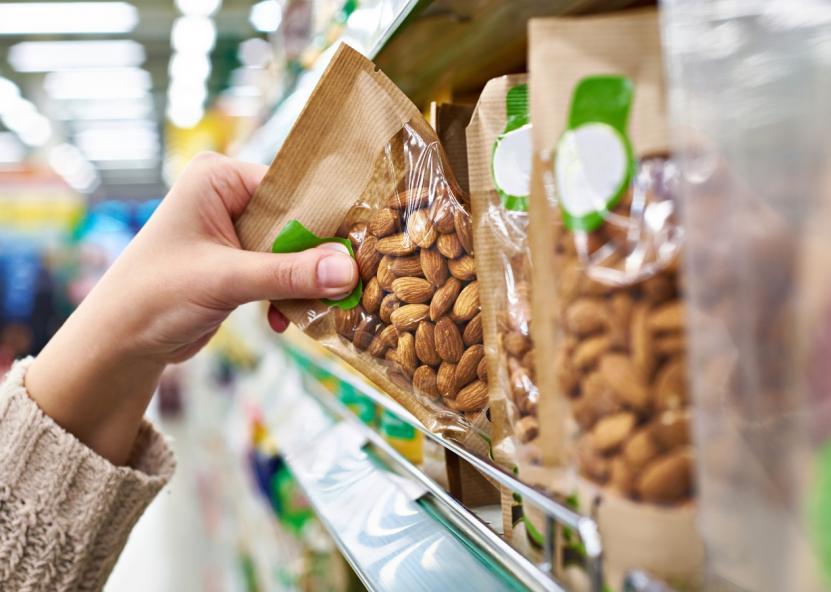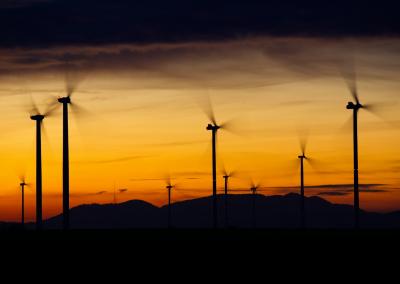Packaging tax changes coming into force soon
The Ministry of the Environment reminds that from 1 January 2025 amendments to the Law on Environmental Pollution Tax will come into force, according to which taxpayers (producers and importers) will be exempted from the environmental pollution tax on waste packaging only for the amount of waste from composite, plastic and PET packaging that has been recycled.
It should be noted, however, that this legislation is relevant for the calculation and declaration of the environmental pollution tax for the 2025 tax period and beyond.
These amendments to the Law on Environmental Pollution Tax have been adopted taking into account the principle of producer and importer responsibility and the need for Member States to pay annually to the budget of the European Union for all non-recycled plastic packaging waste in accordance with the EU Council decision adopted in 2020. The amount of the Member States' contributions is calculated on the basis of the amount of non-recycled plastic packaging waste (€800 per tonne). Lithuania has paid €36.17 million to the EU budget for non-recycled plastic packaging waste in 2021.
The principle of producer and importer responsibility states that producers and importers are responsible for the environmental impact of the products and packaging they place on the Lithuanian market throughout their entire life cycle, from production to the safe management of waste.
The packaging waste recovery targets approved by the 2021 Government Resolution will also apply from the beginning of 2025. In 2025, the recovery target can no longer be met by incineration of packaging waste, but only by recycling. Therefore, not only producers and importers of PET, plastic and composite packaging, but also producers and importers of other types of packaging in terms of material (e.g. paper and reusable packaging) will benefit from the tax advantage for recycling packaging waste.
But be aware that even if the minimum recycling targets for PET, plastic and composite packaging adopted in this Government Decision are reached, the remaining unrecycled volume will still be subject to an environmental pollution tax. This is not the case for producers and importers of other types of packaging (by material).
It should be noted that once producers and importers have paid the environmental pollution tax on packaging waste in accordance with the new regime under the Environmental Pollution Tax Act, they are not exempted from their obligations as producers and importers under the Packaging and Packaging Waste Management Act.
Hence, if producers and importers' packaging is included in a collective packaging (including non-recyclable) management system, their obligation to contribute to the management of packaging found in the collective packaging waste management system remains even after payment of the pollution tax. This means that producers and importers have to pay the producer and importer organisations (PIOs) for the management of packaging waste (including non-recyclable packaging waste), and for other costs incurred by the PIOs in fulfilling their obligations under the Law on Packaging and Packaging Waste Management.
These amendments to the Law on Environmental Pollution Tax, which will enter into force on 1 January 2025, will reinforce the responsibility of producers and importers with regard to the management of packaging and its waste, provide additional motivation to provide recyclable packaging, to introduce reusable packaging systems and to reduce the amount of packaging, and will promote a more sustainable business model in line with the principles of the circular economy.The EU Member States' contribution to the common EU budget for non-recycled plastic packaging waste is linked to the EU's policy priorities and the promotion of the reduction of packaging waste and the transition to a circular economy in the EU Member States, through the implementation of the European Plastics Strategy.















